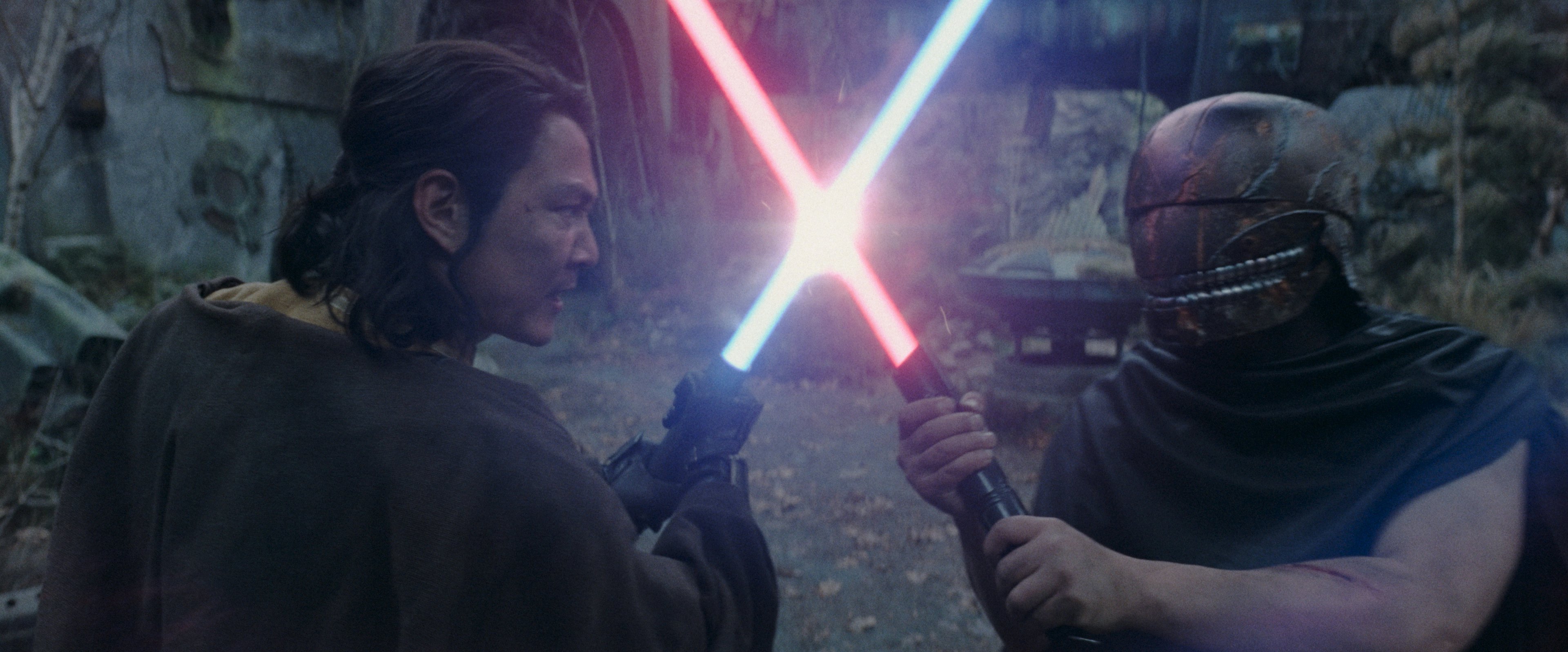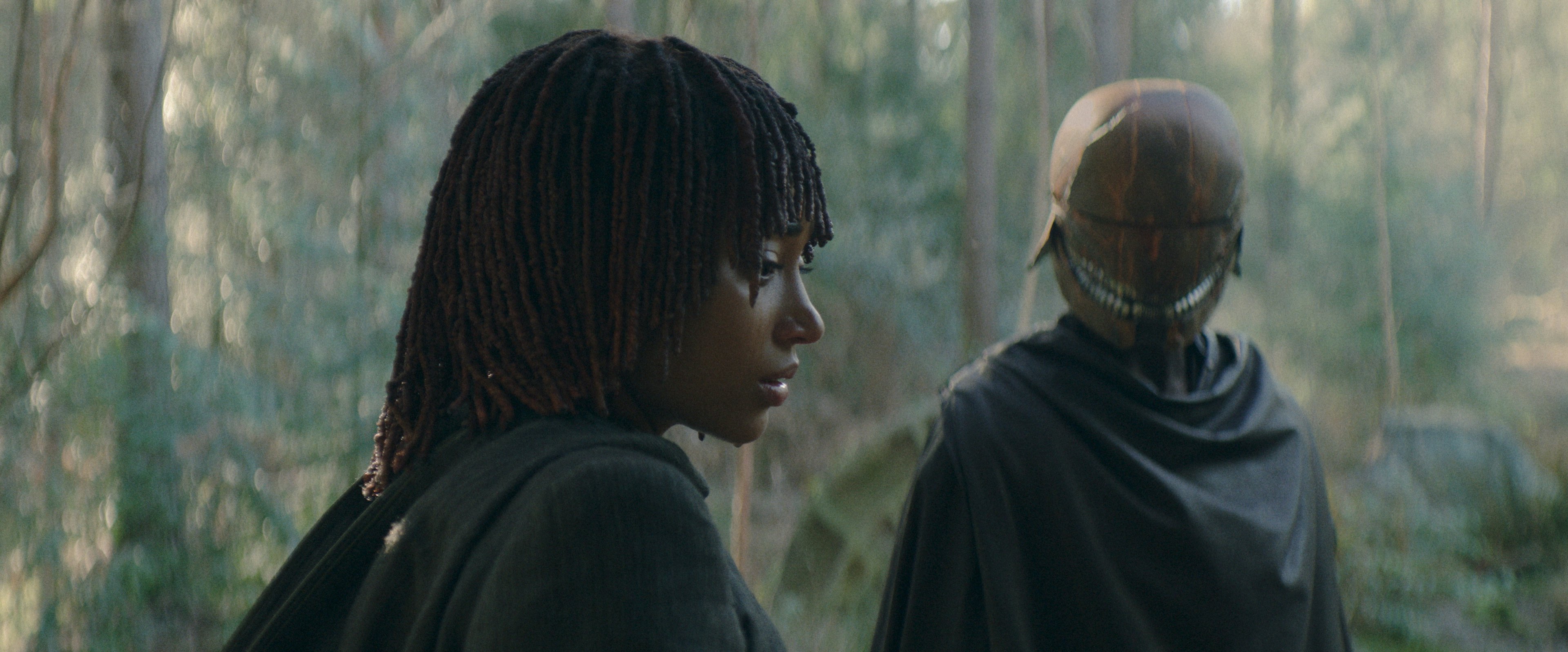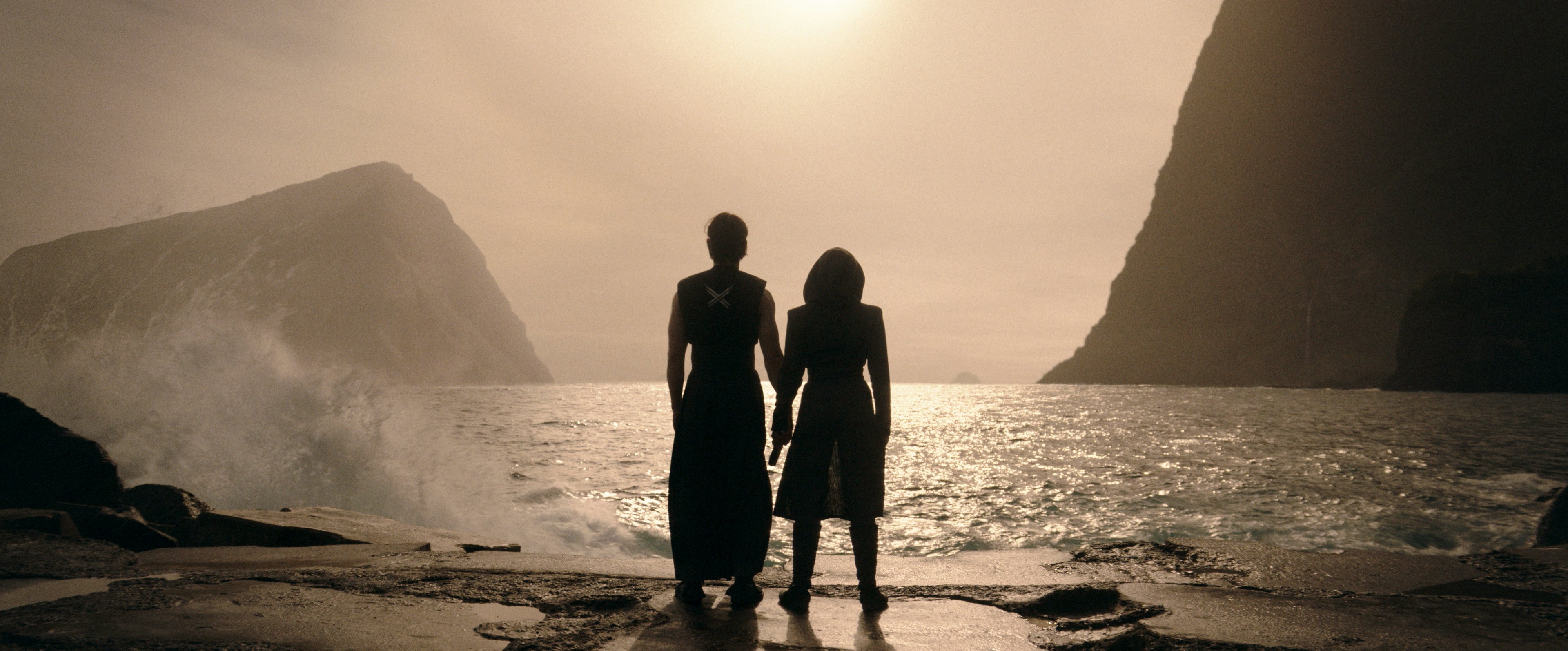
Lucasfilm's Disney era hasn't been a particularly smooth one. The 12 years that have passed since the studio was acquired by the House of Mouse has been plagued by critically divisive sequels and prequels, more abandoned and canceled projects than anyone could have seen coming, and a couple of noteworthy box office disappointments. Lucasfilm's ongoing string of missteps and failures has continued into this year.
The studio announced this week that it had officially canceled its latest TV series, The Acolyte. The cancellation came just a few weeks after the Star Wars show wrapped up its debut season with more than a few intriguing cliffhangers, including surprise appearances from both Yoda and Darth Plagueis. The Acolyte's first season was by no means perfect, but the show's cancellation doesn't reflect well on the current state of the Star Wars franchise. At this point, the multimedia series is starting to look more and more like a collection of misses and unresolved Easter eggs than the towering achievement it once was.
Unfortunately, The Acolyte's fate just proves that Lucasfilm still has yet to learn from many of its past mistakes.

Lucasfilm's latest era got off to a pretty good start. Both 2015's Star Wars: Episode VII — The Force Awakens and 2016's Rogue One: A Star Wars Story were, notably, received pretty well by critics and fans alike. Things took a turn for the worse, however, when 2017's The Last Jedi received an intensely vitriolic response that seemed to overwhelm the entire franchise. The film itself was a critical and financial success, but 2018's Solo: A Star Wars Story didn't fare so well just a few months later. Lucasfilm, meanwhile, seemingly chose to respond to certain fans' criticisms of The Last Jedi by retconning and undoing many of its boldest decisions in 2019's Star Wars: Episode IX — The Rise of Skywalker. That film went on to receive the poorest reviews of any of Disney's Star Wars movies to date, and it raked in its trilogy's lowest box office numbers.
Ever since the one-two punch of The Last Jedi's divisive reception in December 2017 and Solo's box office failure in May 2018, it's really felt like Kathleen Kennedy and many of the people in charge of Lucasfilm have been a little bit, well, afraid of Star Wars. The studio has since canceled numerous promising projects and it has used the lackluster performances of Solo and Rise of Skywalker as an excuse to take a 5-years-and-counting break from big-screen storytelling altogether, despite that being the Star Wars franchise's bread-and-butter. In place of new films, Lucasfilm has devoted most of its recent efforts to producing extremely safe TV projects like The Mandalorian, Ahsoka, The Book of Boba Fett, and Obi-Wan Kenobi, which take place in between the events of existing Star Wars movies and are, therefore, less likely to do anything too radical that might upset the franchise's overly purist fans.
Many of Lucasfilm's TV shows have, consequently, felt too bland and constricted by canon to emerge as anything truly exciting or original (Andor being, perhaps, the sole exception). The Acolyte was, for all of its flaws, the first live-action Star Wars TV series to date that felt genuinely fresh and new. However, rather than taking the criticisms of The Acolyte's first season and using them to craft a stronger second, Lucasfilm has decided to abandon the series altogether. The studio has, once again, failed to commit to its own storytelling decisions and, in doing so, has ended one of its boldest shows before it got the chance to follow through on many of its most exciting promises.

Generally speaking, Lucasfilm seems genuinely afraid right now of making any potentially wrong or, frankly, unexpected decisions when it comes to its most prized franchise. It continues to treat Star Wars like an incredibly fragile property, rather than the imperfect yet impossibly sturdy franchise that it has always been. As a result, there are now only a few Star Wars projects that we know for sure are coming out in the next few years. Apart from titles like Skeleton Crew and Andor Season 2, though, the franchise's horizon is currently littered with projects that don't seem nearly as real or concrete as one would hope. That's both disappointing and a bit distressing.
If Lucasfilm really wants to save Star Wars from fading into pop cultural obscurity, it needs to stop treating the entire franchise with the very same shy, appallingly soft touch that has brought it to such a dangerous precipice. The studio, however, hasn't yet offered any signs that it's actually capable of making that change.







